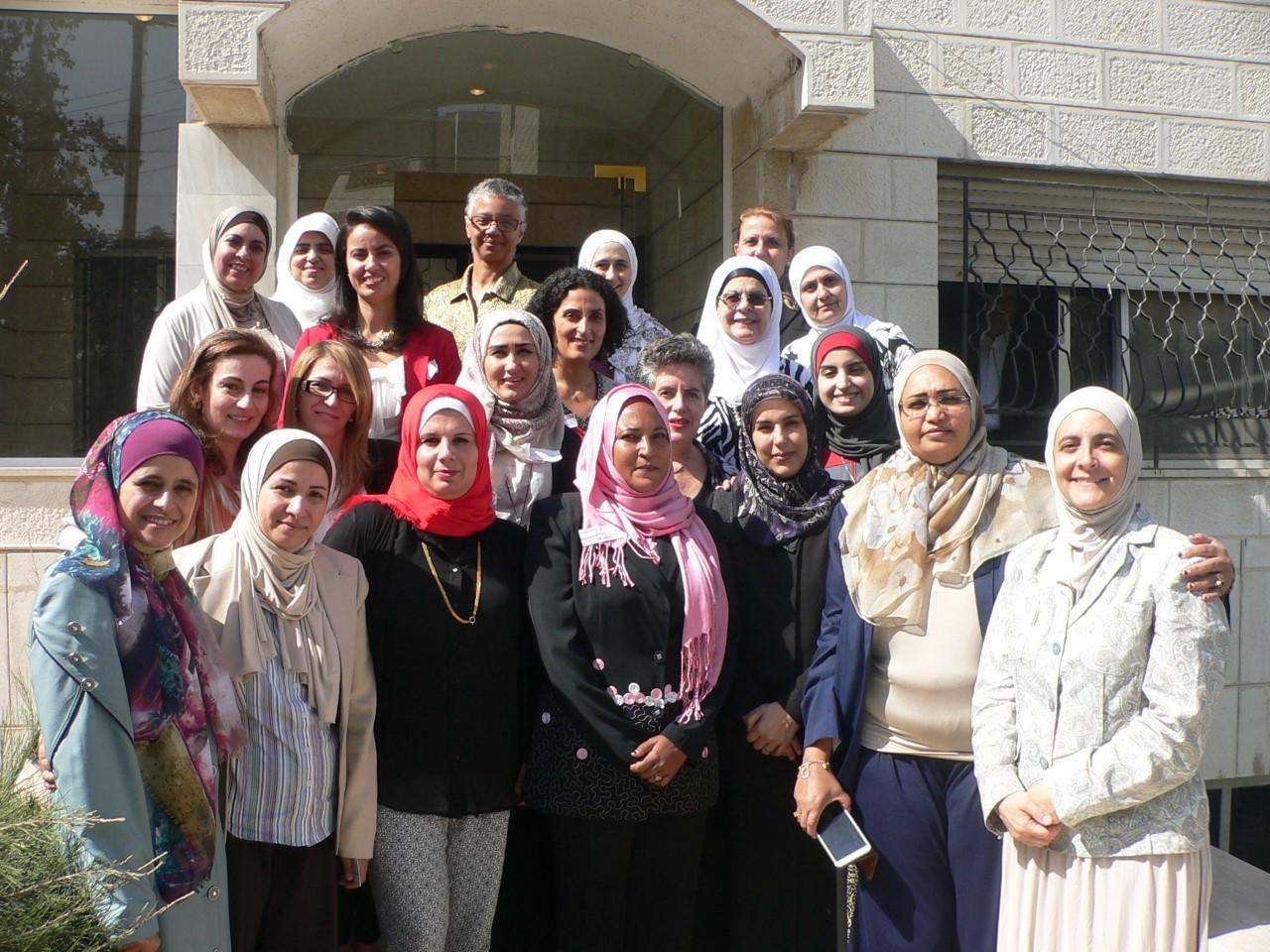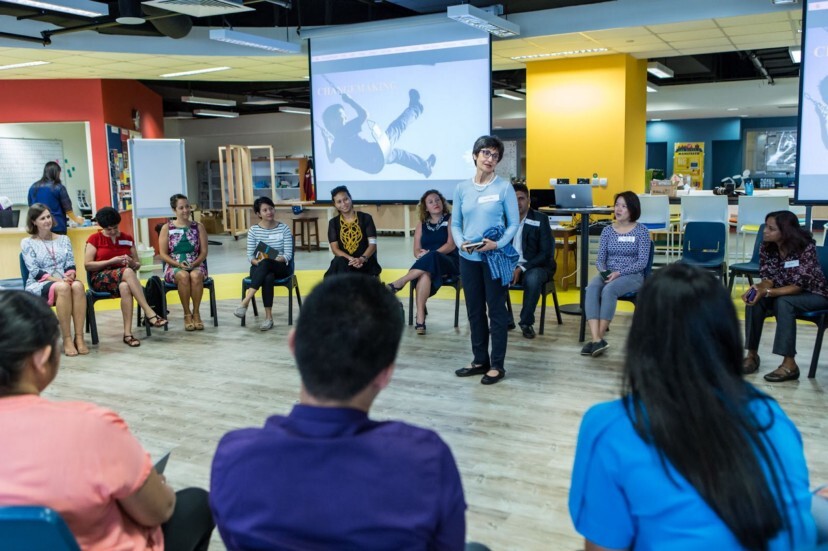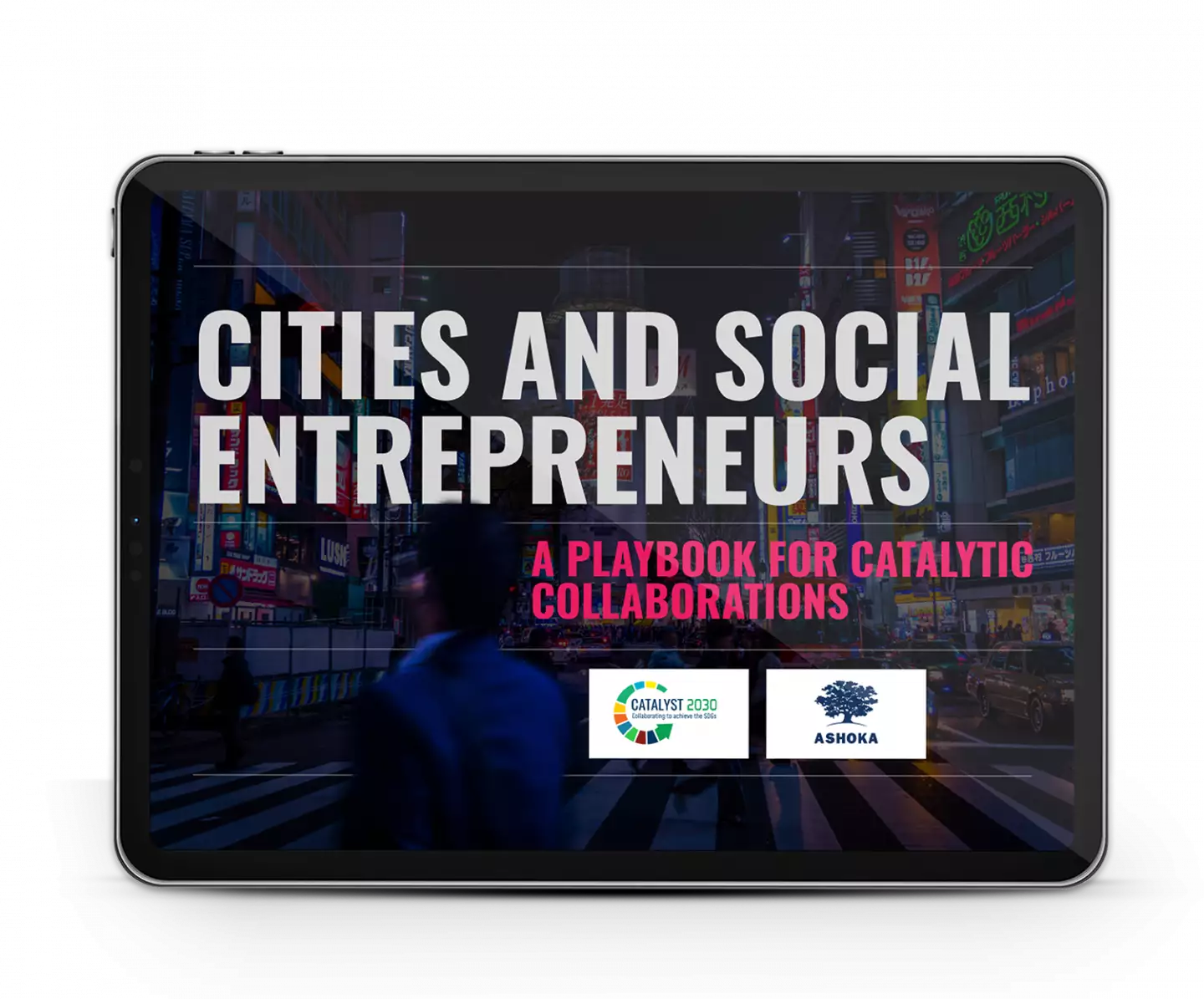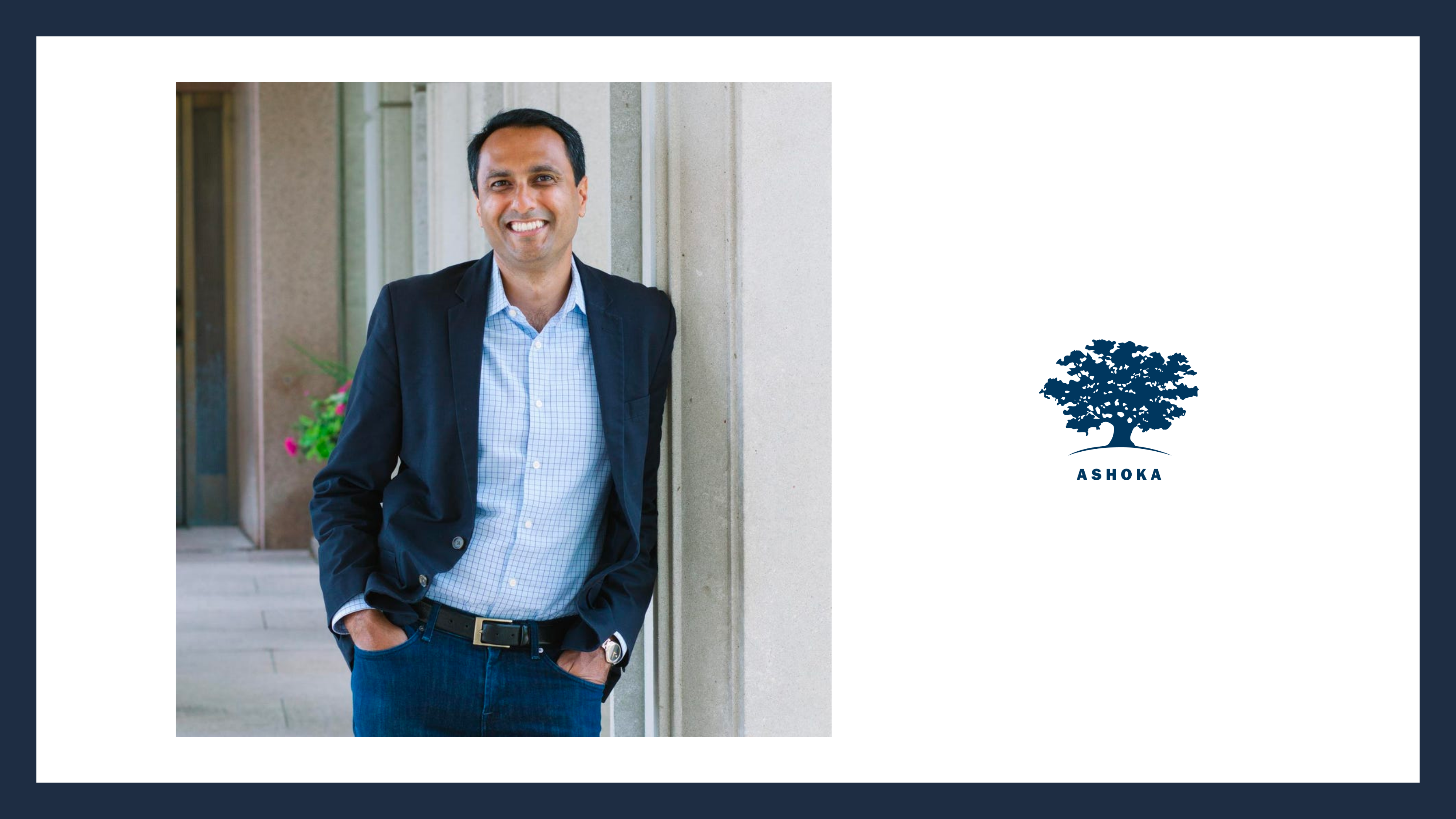
This story comes from Ashoka Rana Dajani, founder of We Love Reading and member of the Women’s Initiative for Social Entrepreneurship (WISE).
By Rana Dajani
I was not given the opportunity to make my own lentil soup. I live with my mother-in-law, and she is in charge of cooking. To some, that may sound great. Please don’t misunderstand me — it really is a gift. But in the moment, sometimes all I want is to make my own lentil soup without my mother-in-law throwing it away because in her opinion, mine does not taste good and no one would want to eat it.
At the end of one such day, where I was once again denied the opportunity to make my lentil soup, I decided to go out and do everything else I wanted to do instead — I became a scientist, a social entrepreneur, a writer, and a defender of women’s rights. I wrote a book, “Five Scarves.”
I have my mother-in-law to thank for my success — if she had given me the opportunity to make my own lentil soup, I would not have accomplished all these other things.
This made me reflect that many a woman who succeeds outside her home has probably been prevented from making her own lentil soup or the equivalent. Instead, she started a company, designed a program, or found a cause to champion.
Society has created expectations for who a women should be that are related to her biology, since it is she who carries the fetus for 9 months and then provides nutrition to the baby through her milk. Women are brought up in a society where the expectations for them are that they will raise children and have a family as their only priority and main project.
Social expectations for men are different. They are often expected to earn money and support their family. Men often seek out external projects to invest their time and energy in, although they might want to take care of their children more and spend time making their family “their project.”
Every human being, regardless of gender, has a passion and a main “project.” This project might be biologically or socially constructed/imposed, and if one cannot fulfill it (i.e. can’t cook their own lentil soup), they are more motivated to seek fulfillment elsewhere. As humans, we all embark on our journey to find purpose in life. We reimagine success.
I started We Love Reading (WLR) because I was trying to find my “lentil soup.” I was embarking on the journey of finding a purpose to my existence. I saw children not reading for fun, so I started reading aloud to them in my neighborhood. I then shared my journey of caring about a problem in my community and doing something about it in the form of the WLR training program.
Others replicated my journey after hearing about it. Each person who replicated it did so in their own way and at their own pace. In this way, each person sought their own “lentil soup.”
All journeys are important. Success is not necessarily about making a great impact. It could be about changing yourself, and that by itself is a huge accomplishment. And you only need a few people to achieve large-scale impact.
At WLR, some participants just read to their own children, some to the neighborhood children, some to the town, and some go beyond and create their own program. For example, Asma from Zaatri replicated my journey of reading aloud to children and was inspired by my journey to search for her own “lentil soup.” She created a new program for teenage girls in Zaatri.
WLR wasn’t developed by academics based on theory or by non-governmental organizations in the field. It is a raw human experience that evolved out of intrinsic human motivation to survive.
So my question to you is: what is your lentil soup?
--
Use #whatisyourlentilsoup to capture and celebrate the rich diversity of human experience reimagining success across the globe


